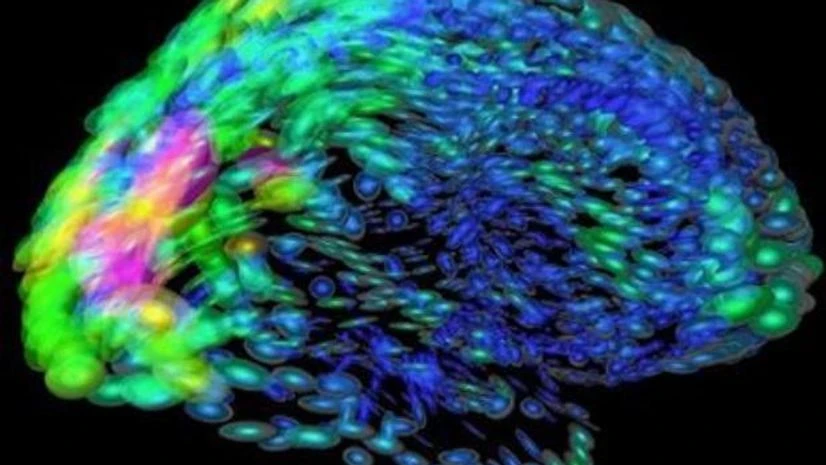Targeting and stimulating underperforming neurons in the dopamine system and increasing its activity in young adulthood could help treat neuropsychiatric disorders like schizophrenia and autism with long-lasting effects, according to a new study.
In mice, researchers from the University of Rochester, US, found that stimulating the neuron cells providing dopamine to the frontal cortex strengthened the circuit and rescued structural deficiencies in the brain that cause long-term symptoms.
In previous studies, the research team had found this specific arm of the dopamine system to be flexible in adolescents but not in adults.
In this study, published in the journal eLife, they exploited this window for plasticity in the system as an opportunity for therapeutic intervention, effects of which could affect the brain circuitry into adulthood.
Essential in higher cognitive processing and decision-making, dysfunction of the dopamine system has been found to often begin in young adulthood.
Also Read
"Brain development is a lengthy process, and many neuronal systems have critical windows - key times when brain areas are malleable and undergoing final maturation steps," said Rianne Stowell, a postdoctoral fellow in the Wang Lab at the University of Rochester Medical Center and co-first author on the research.
"By identifying these windows, we can target interventions to these time periods and possibly change the course of a disease by rescuing the structural and behavioral deficits caused by these disorders," said Stowell.
"If we can target the right windows in development and understand the signals at play, we can develop treatments that change the course of these brain disorders," said Stowell.
(Only the headline and picture of this report may have been reworked by the Business Standard staff; the rest of the content is auto-generated from a syndicated feed.)

)
